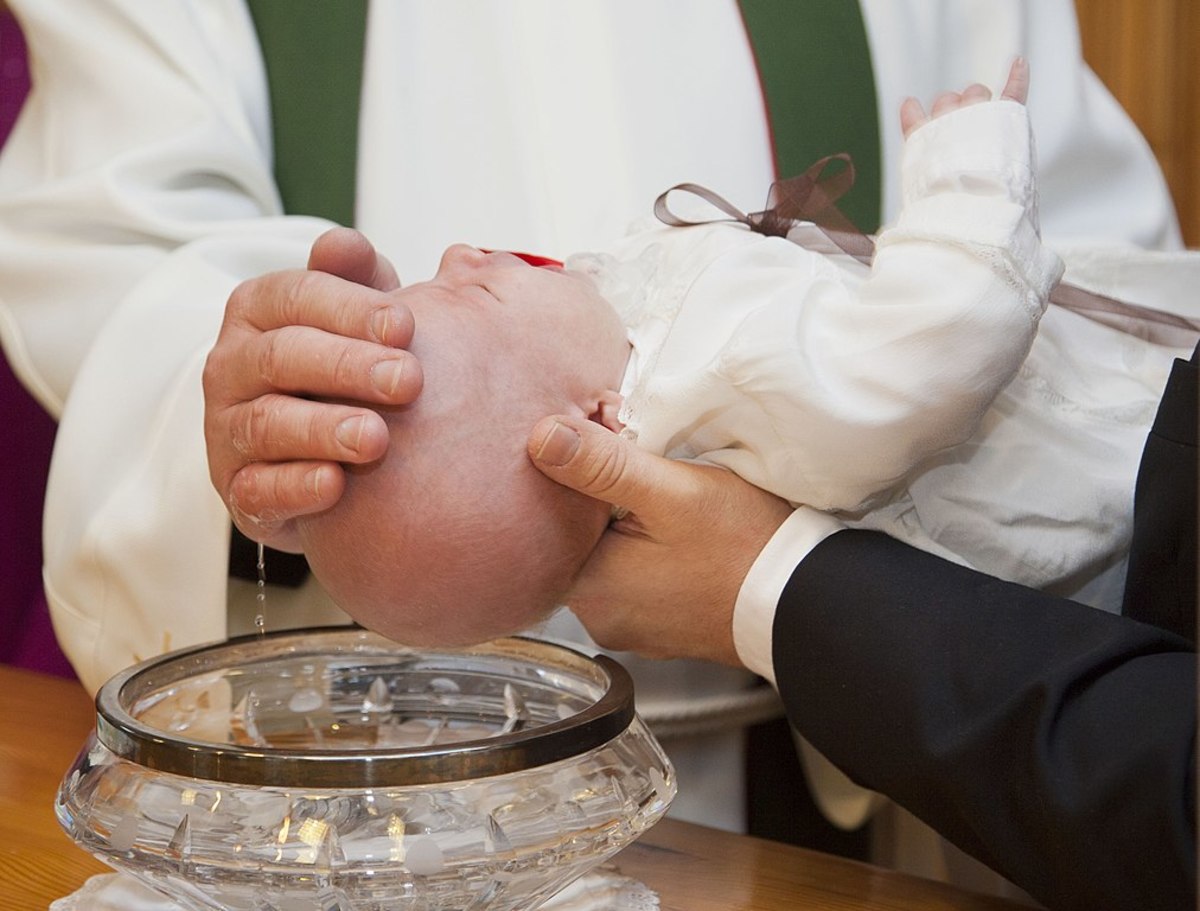Issues Facing Western Religion

Modern Issues Facing Western Religions
The three major religions of the Western world are Judaism, Christianity, and Islam (Reed, 2001). Theologians, psychologists and historians have hypothesized about the reasons civilizations come together in groups of common ideology and practice for centuries. The advantages and disadvantages to societies and individuals that result from the formation of these groups is widely debated (Fisher, 2002). As religious communities strive to adhere to the tenets and traditions set forth by their doctrines they continually come into contact with the opposing viewpoints of not only the contrasting religious philosophies of other faiths, but also the base existence of non-religion in the world at large. The major religions of the Western world face difficult issues every day that challenge the foundations of their faiths. Group members ask guidance of their elders and discuss issues among themselves to address how the community will respond to, and in some cases combat, the issues they face while upholding their religious traditions and standards.
Current Issues Facing Judaism
Stem Cell Research
One of the current issues Judaism faces is the debate surrounding stem cell research. Judaism attempts to answer whether or not it is ethical to destroy preexisting pre-embryos for stem cell research by determining if one life is endangered by another. According to Judaism’s Mishna, if the life of the woman in labor is in threat because of the fetus, the fetus should be aborted. This issue becomes complicated, however, if the fetus is even partially emerged. In this case, it becomes unclear who is threatening whom; the fetus and the mother both struggling for life. As the Talmud forbids saving one’s life at the expense of another, the ethical issue for stem cell research depends, for the Jew, on whether or not the fetus exists in the woman’s body or not. According to this logic, it is the woman’s body that provides the potential for sentient development. It is, therefore, acceptable to use pre-embryonic cells created by in vitro fertilization because if left in the test tube of origin the cells in question would not develop, but die; not representing the possibility of sentient life (Eisenberg, 2009).
Anti-Semitism
Perhaps the most difficult issue Judaism faces has haunted the faith since its earliest history; anti-Semitism. Judaism is, in fact, the most recognized victim of anti-Semitism because of beliefs associated with the Jewish involvement in (or responsibility for) the crucifixion of Jesus Christ. Jews have been accused of poisoning rivers and wells during times of plague, kidnapping and murdering Christian children, and declared genetically inferior. Thankfully, in recent times, the Catholic and Christian churches have rejected these cruel and degrading anti-Semitic falsehoods (ADL, 2001).
Current Issues Facing Christianity
Abortion
One of the major issues Christians face today is that of abortion. Christians believe that life is sacred in all forms from the moment it exists. Christian theology points out that the Bible forbids the “shedding of innocent blood.” Further, in the New Testament, the same Greek word, “brophos” is used to refer to describe children in all different stages; unborn, newborn, small children, and even teenagers. From this point of view life is life and should not be purposefully destroyed at any point in its development (Alcorn, 2006). The fact that abortion is legal is disturbing to most Christians and some fear that the current trends in health care reform that in effect make it less expensive to have an abortion than to deliver a baby could lead women into being “coerced into abortion by their own government” (Grant, 2009, pg. 2).
Same Sex Marriage
Another significant issue faced by the Christian church is that of homosexuality and same sex marriage. As with many issues today homosexuality and same sex marriage are issues that divide the Christian church internally. Scriptural references center on the types of marriage described in the Bible in Genesis 2 and the famous story of Sodom. Some Christians believe that a caring, supporting relationship between two individuals is approved of by God whatever the sex of the individuals involved, and that only abusive relationships are condemned in the Bible. The other side of Christian theology asserts that in Matthew 19 Jesus proclaims that marriage should be between a male and a female, and that is the divine intends (OCRT, 2009).
Current Issues Facing Islam
Misinterpretation
The first difficult issue that the Islamic faith is dealing with currently is misinterpretation by the rest of the world, and Americans specifically. After the attacks carried out by Muslim extremists on American soil on September 11, 2001, the United States will never be the same. Unfortunately, the acts of some violent radical individuals, who happen to be Muslim, have frightened the majority of Americans into looking at anyone of Arab descent with fear and distrust. Islam is not a violent, fear-based religion, the teachings of Muhammad, who in 600 C.E. declared that Allah (God) is One and there are no other gods, assert the ethical standards of truth, purity, generosity, and justice. Islam is sadly misunderstood by the vast majority of Americans because of the association and action of extremists (Kellogg, 2009).
Extremism
Muslims face an environment of stereotyping, fear and distrust that extends back to even before the attacks on September 11, 2001. For many Muslims already living in the United States every time some devastating event occurs, the first suspects are Muslims. According to American Muslim, Samer Hathout, the general ignorance of the American public about Muslims and Islam starts at a very early age when children are taught inaccurate information in grade school. The activity of extremists further erodes any chance of clearing up misunderstandings about the true tenets of the Islamic faith (Hathout, 1995).
From earliest known civilizations human beings have been gathering together in an attempt to understand the natural world around them. The religious texts and traditions that born within these groups unite and mold the communities that share them into whole civilizations and evolve into worlds of common thought and composition. The bonds formed by religious communities gain strength by the experiences each group encounters while trying to adhere to or further their faiths. These bonds are powerful and far reaching and can be used to devastate or heal the human race. As philosophers, psychologist, and theorists of differing schools of thought postulate on the causes, effects, and reasons for religious belief, a good deal of attention should be spent on how to use these strong bonds in a positive manner for the benefit of all.
Sarah E. White, PhD
Illuminating Bliss
References
Alcorn, R. (2006). The Christian view of abortion. AbortionFacts.com Retrieved December 12, 2009.
Anti-Defamation League. (2001). Anti-Semitism. Retrieved December 12, 2009.
Eisenberg, D. (2009). Is stem cell research ethical? Aish.com – Your Life, Your Judaism. Retrieved December 12, 2009.
Fisher, M. P. (2002). Living religions. Fifth edition. Prentice Hall Publications.
Grant, T. (2009). The worst week for conservatives. Political advocacy tracker. ChristianityToday Magazine. christianity.com. Retrieved December 12, 2009.
Hathout, S. (n.d.) Challenges facing American Muslim women. Islam for Today. islamfortoday.com/americanmuslimwomen/htm. Retrieved December 12, 2009.
Ontario Consultants on Religious Tolerance. (2001). Religion, the Bible and same sex marriages. religioustolerance.org/hom_marj.htm. Retrieved December 12, 2009.
Kellogg, F. (2009). Religion 211, review of unit 1, foundations of Judaism. Emory & Henry College. ehcweb.ehc.edu/faculty/fkellogg/211u1.htm. Retrieved December 12, 2009.
QuranExplorer.com. 2009. Retrieved December 12, 2009.
Reed, A. (2001). Religions of the western world: Judaism, Christianity, and Islam. Rutgers, the State University of New Jersey. annettereed.com/rutgers. Retrieved December 12, 2009.








